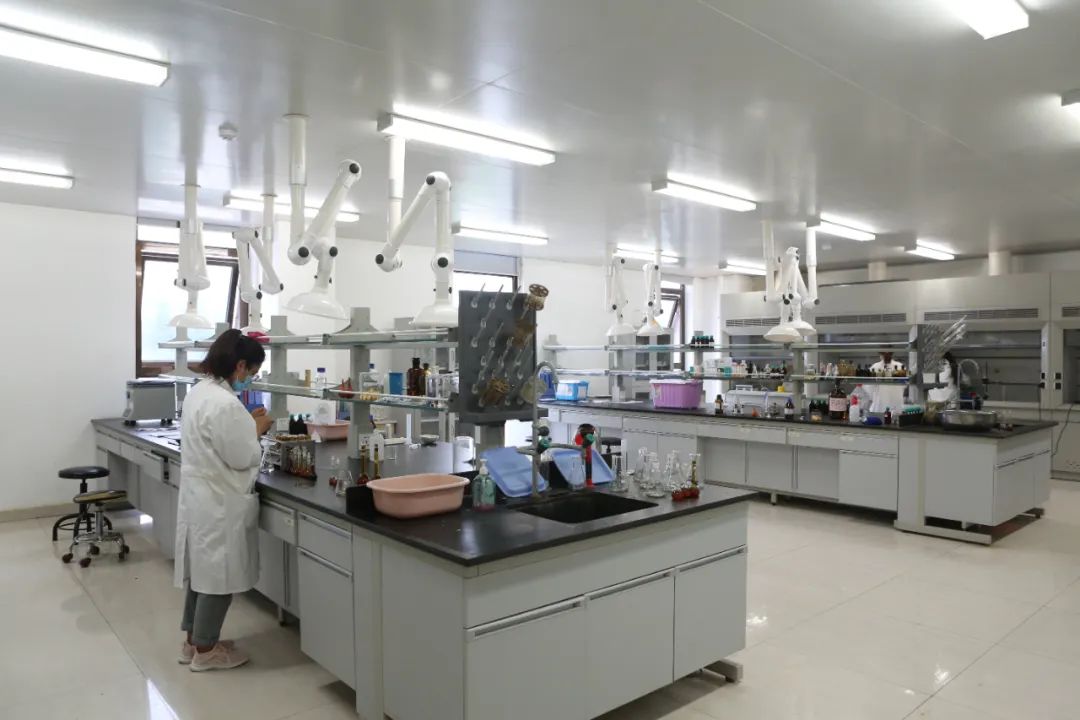By Staff Reporters
The national independent innovation demonstration zone in Lanzhou and Baiyin cities of Gansu province, in northwest China, serves as a trial area for sci-tech innovation and reform. Over the years, it has successfully nurtured specialized enterprises and accumulated a pool of experts, making significant contributions to the high-quality development of the province.
"When I first arrived in Gansu to start my business, my factory was poor, our products were unknown, and our market share was less than 10 percent of what it is today," said Xia Xiang, chairman of Lanzhou Holyshine Pharmaceutical Company.
Fortunately, the establishment of the demonstration zone provided Xia's company with opportunities for rapid development.
"By establishing collaborative partnerships with universities like Gansu University of Political Science and Law, Gansu University of Traditional Chinese Medicine, and Harbin Medical University, my company set up a scientist partner mechanism to facilitate new product research and development using various approaches,” said Xia. He further added that his company has successfully developed several well-known brands of proprietary Chinese medicine as a result.

A worker conducts tests in the chemical and physical laboratory at Lanzhou Holyshine Pharmaceutical Company. (COURTESY PHOTO)
The rapid development of the demonstration zone has been made possible through substantial investment support.
As early as 2015, Gansu allocated a 2.3 billion RMB fund to support technological innovation among enterprises operating within the zone. Concurrently, it encouraged financial institutions and venture capital firms to establish branches and devise innovative financial products and service models tailored for these enterprises.
In recent years, the province has concentrated its efforts on leveraging its advantages in biomedicine, new energy, new materials and other sectors. According to Gansu Provincial Science and Technology Department, more than 1,100 sci-tech projects have been supported with an investment exceeding 1.1 billion RMB.
Thanks to financial backing, several research projects focusing on key core technologies have witnessed accelerated progress. Significant achievements, including the ion electric propulsion system, carbon ion therapy, and ultra-high temperature thorium-based molten salt pump, have successfully transitioned into industrial-scale production.
Furthermore, the demonstration zone has attracted experienced experts to form "think tanks" and establish major innovation platforms such as the Gansu Provincial Isotope Laboratory. Collaborative efforts in sci-tech research and industrialization have been implemented with institutions like the Ningbo Institute of Materials, under the Chinese Academy of Sciences.
Currently, the zone is home to nearly 41 percent of the province's high-tech enterprises, 29 percent of its promising backbone enterprises, and 41 percent of the listed companies, demonstrating its pivotal role in boosting sci-tech innovation across various sectors.
The trio will conduct a series of experiments in fields such as life science, fluid physics, combustion science and materials science. Notably, this is the first time that fruit flies have been taken on a Chinese space mission as experimental subjects. What made scientists choose fruit flies? What experiment will they undergo?
